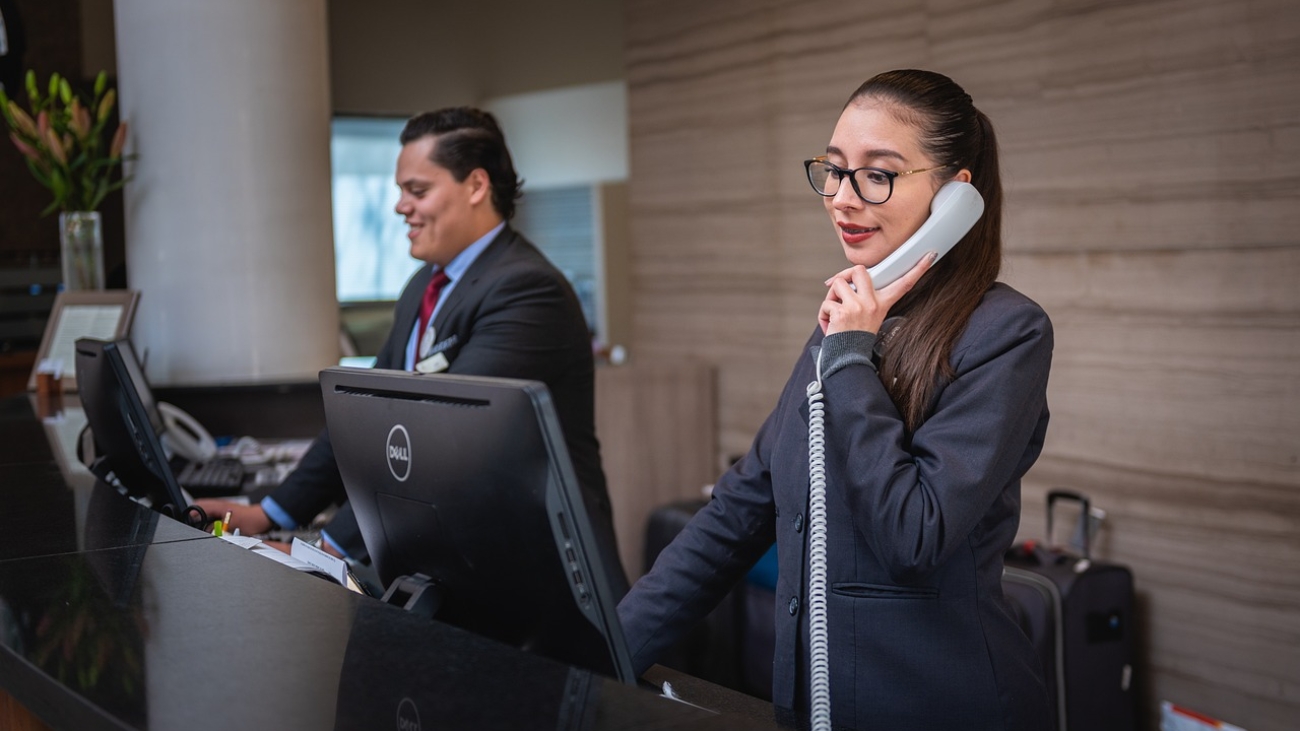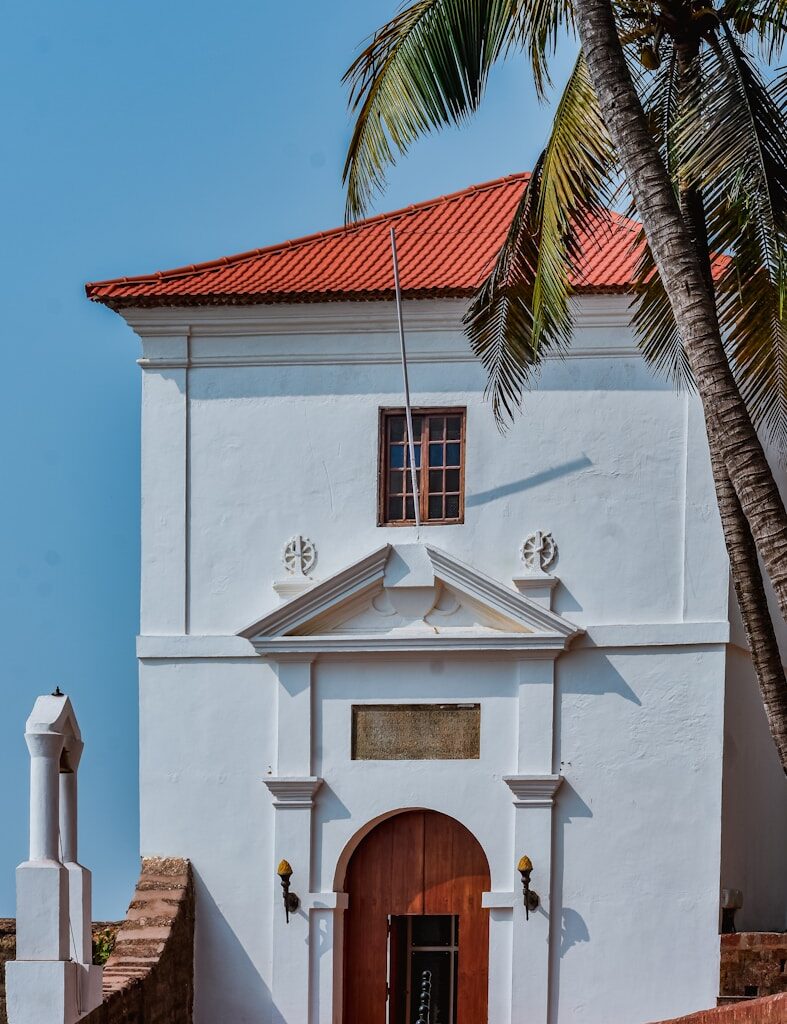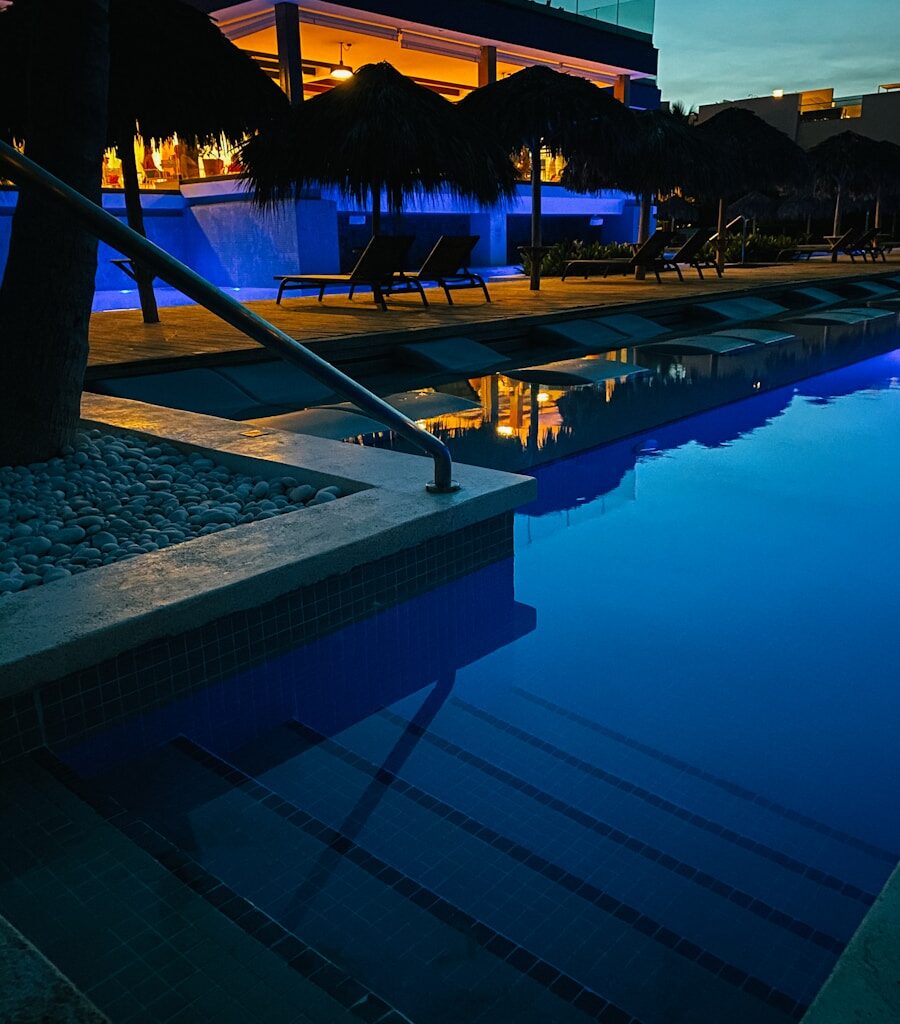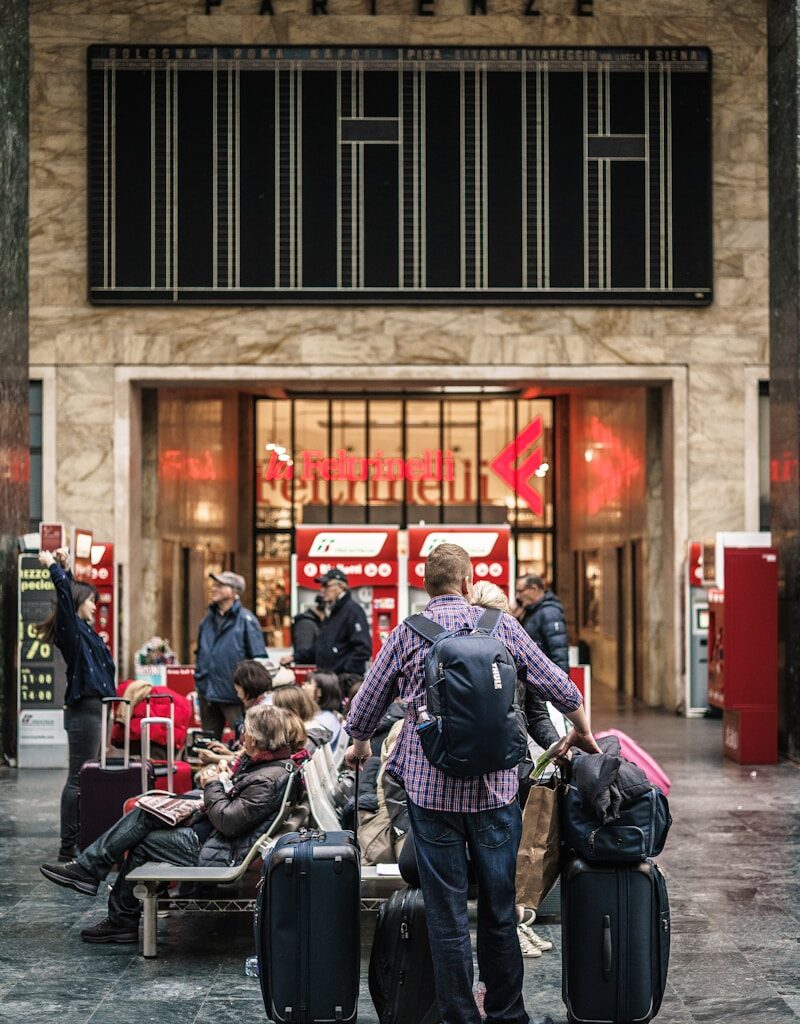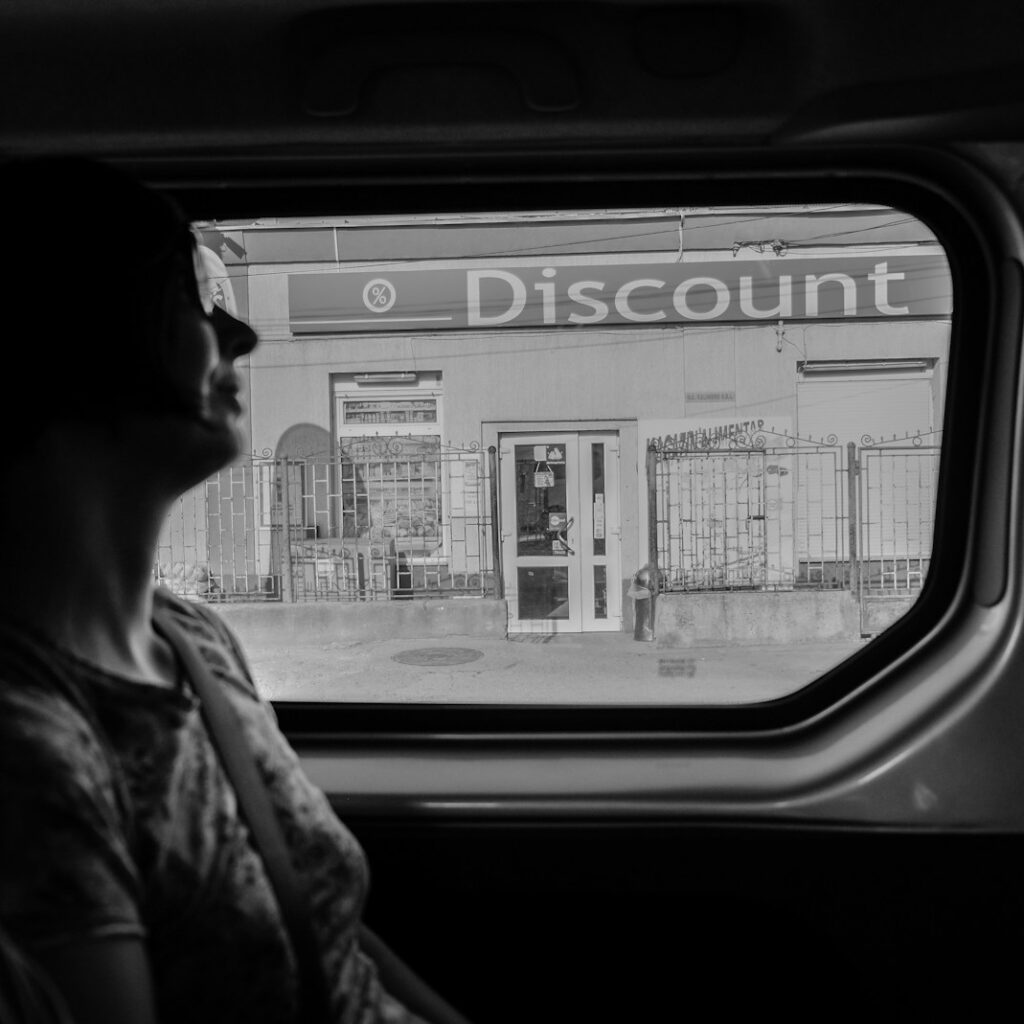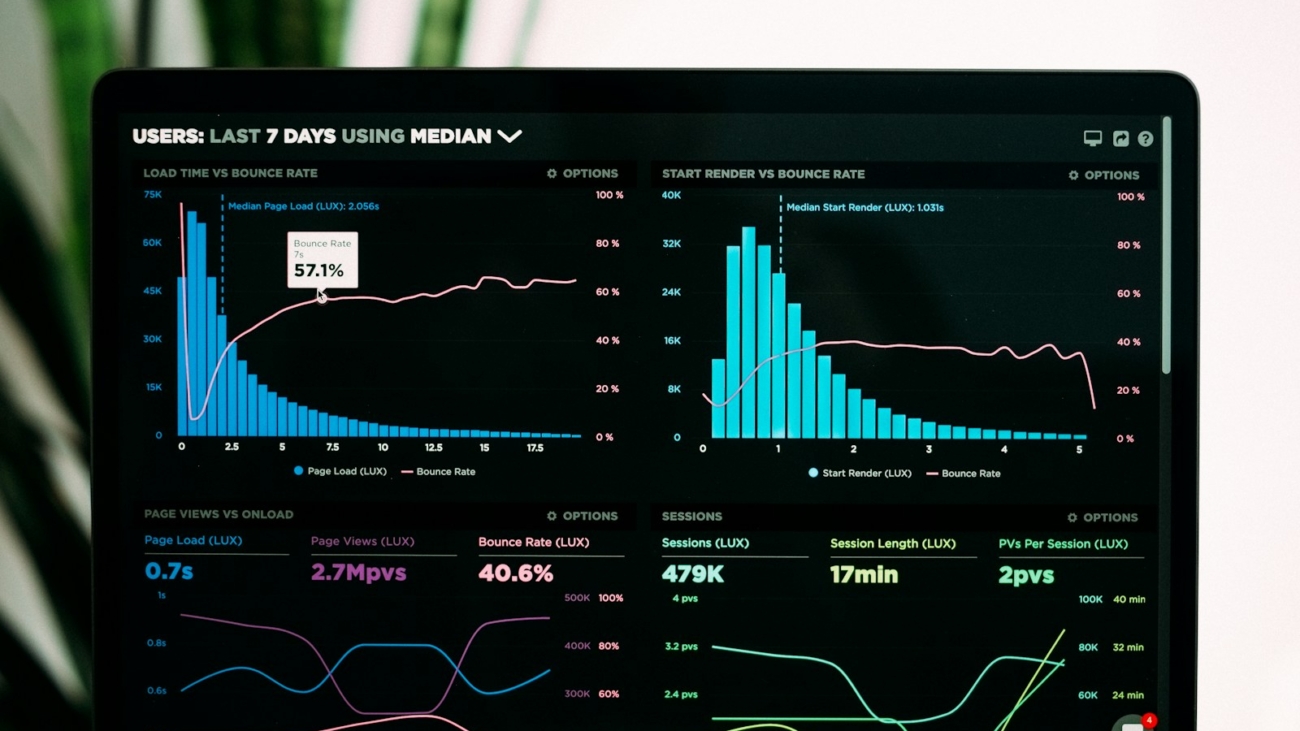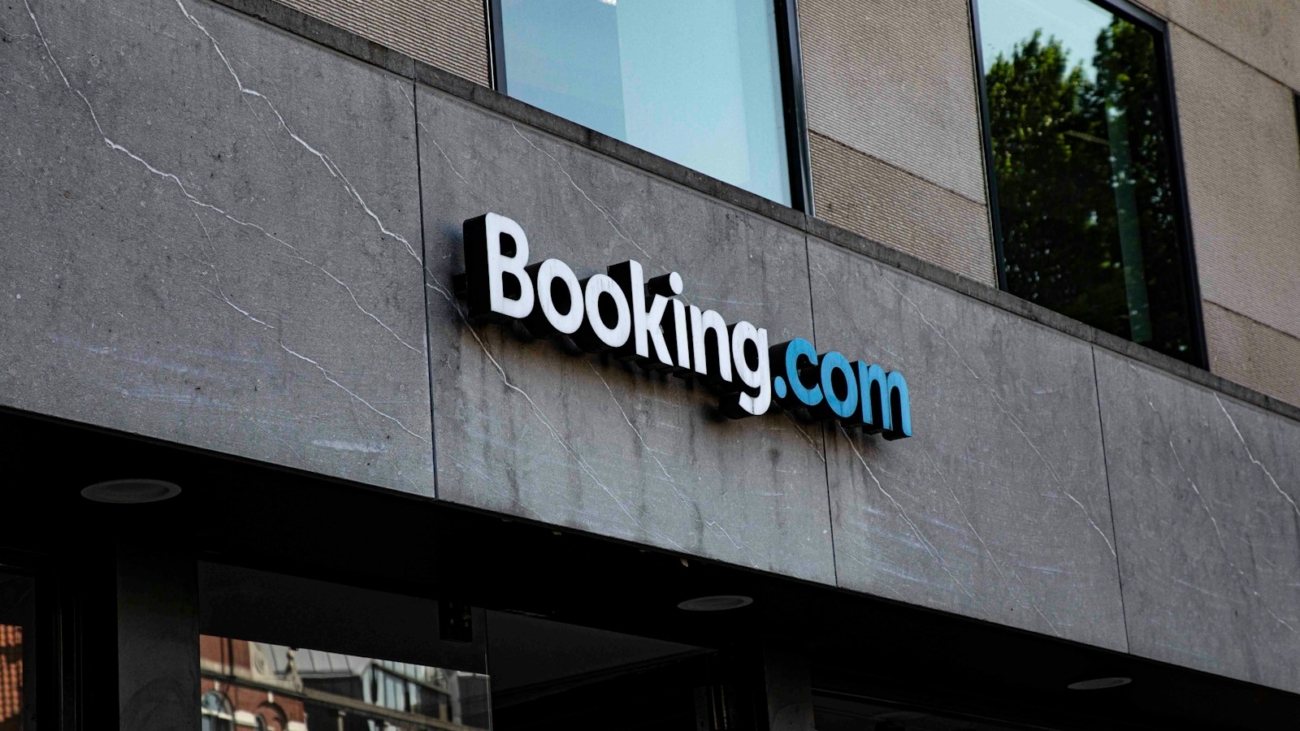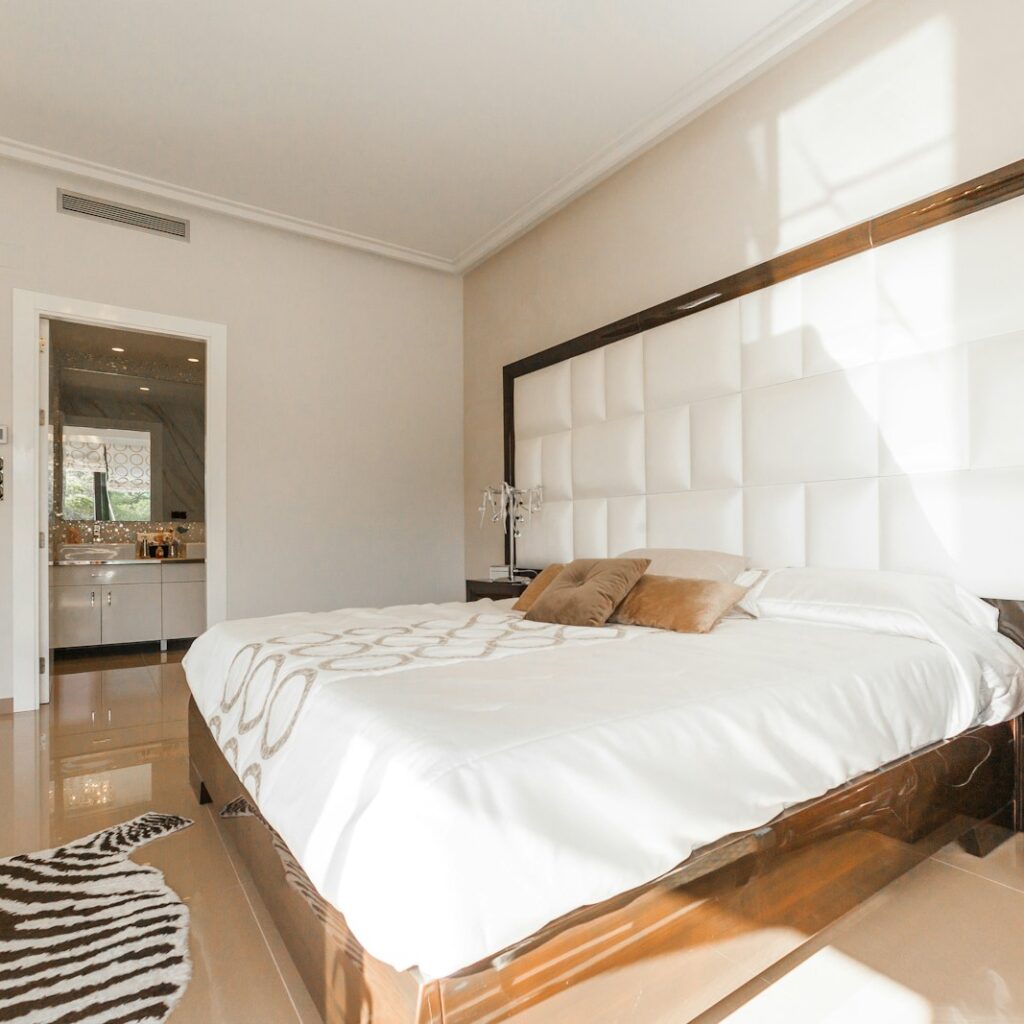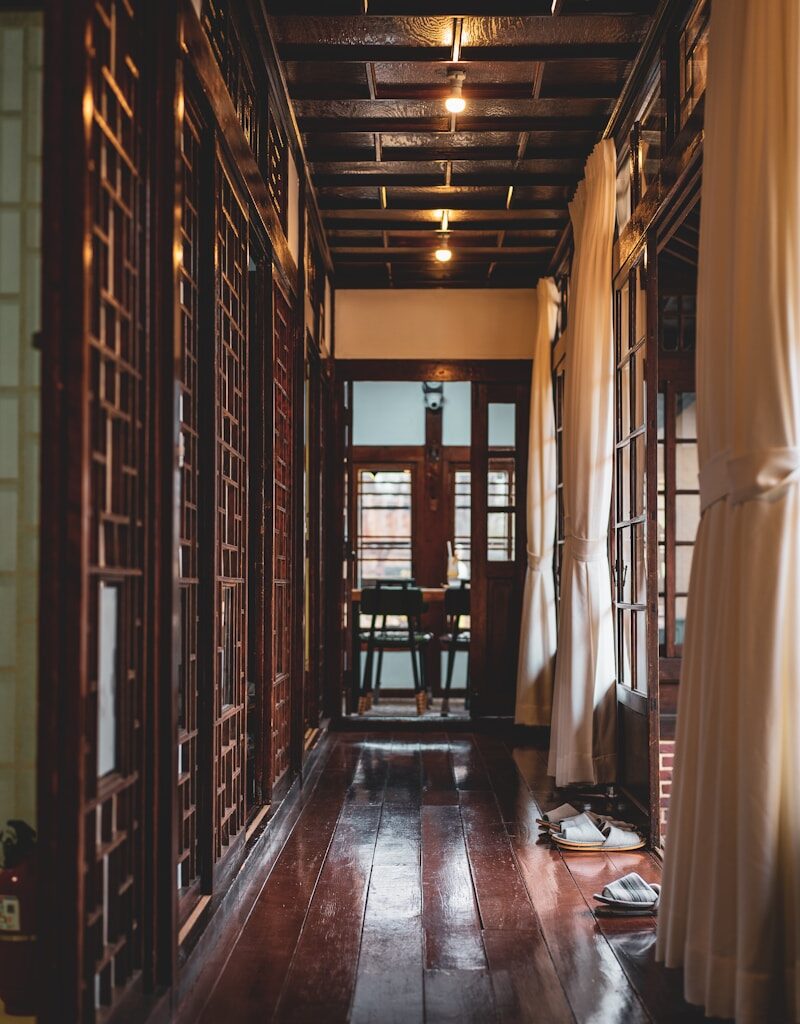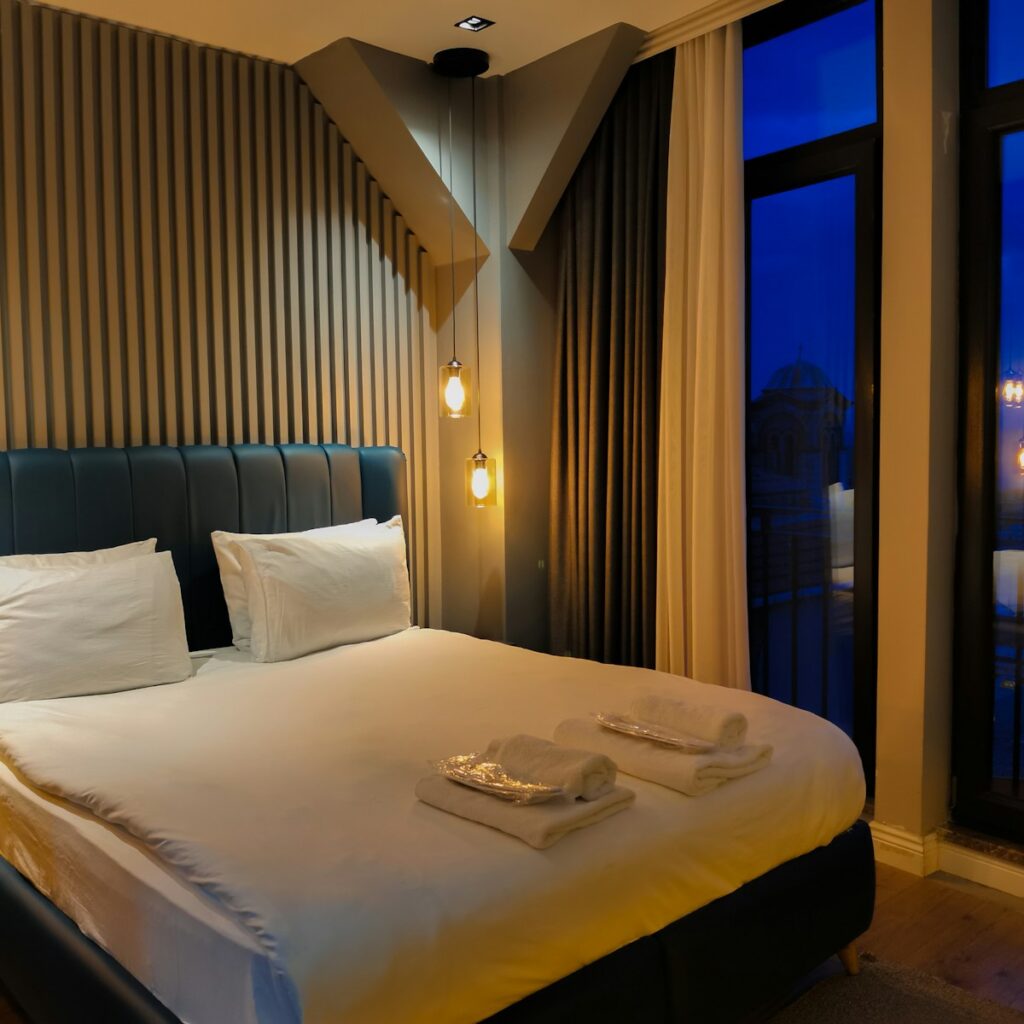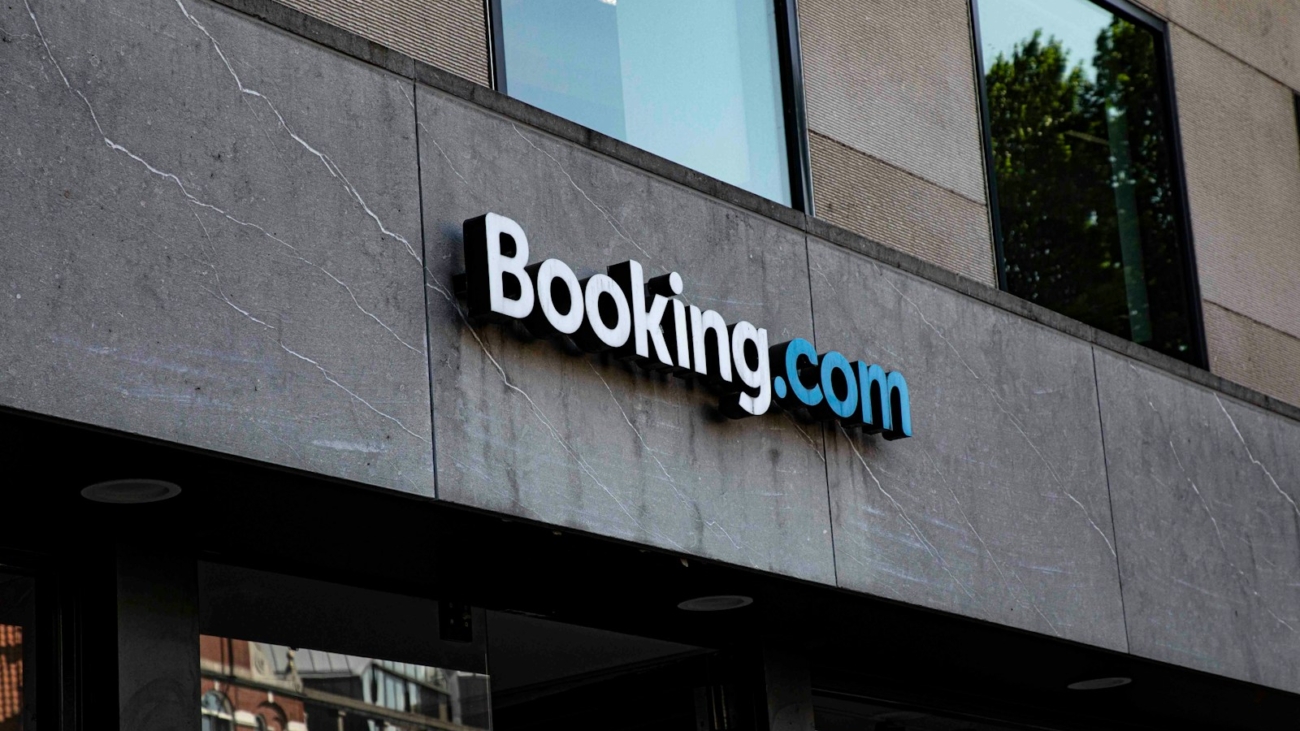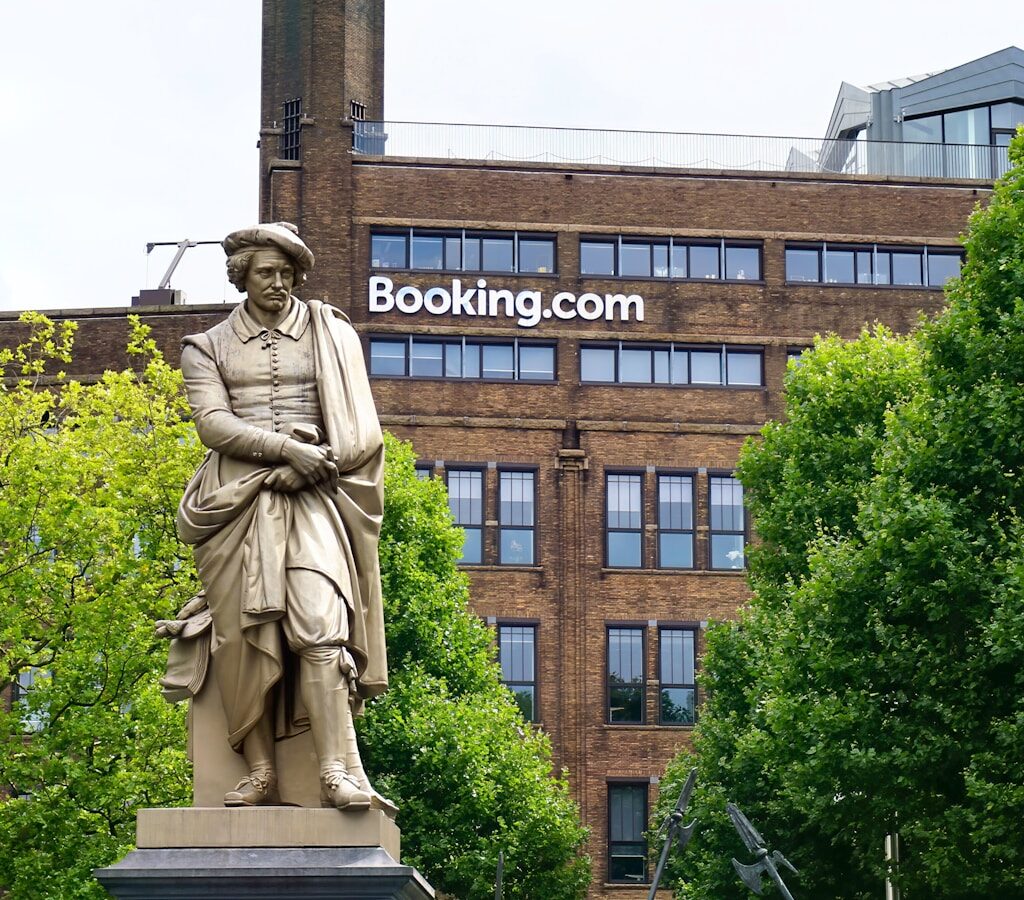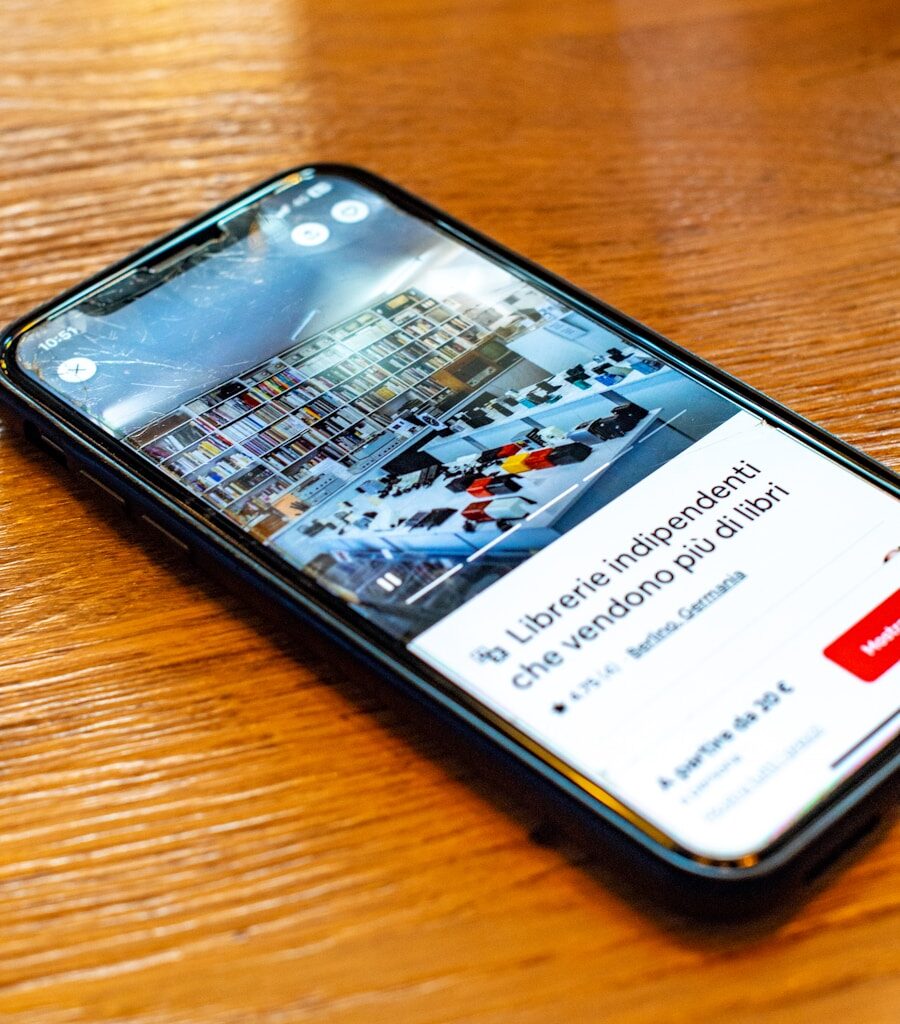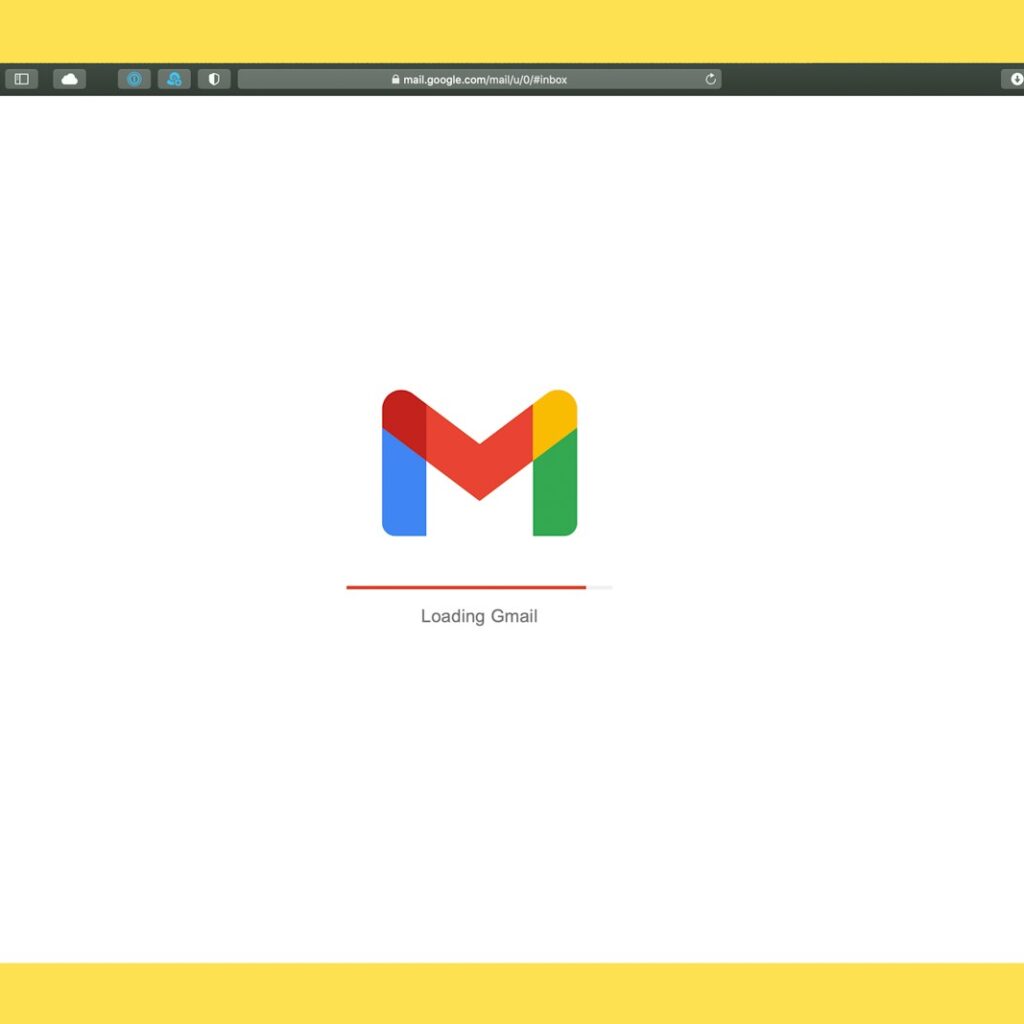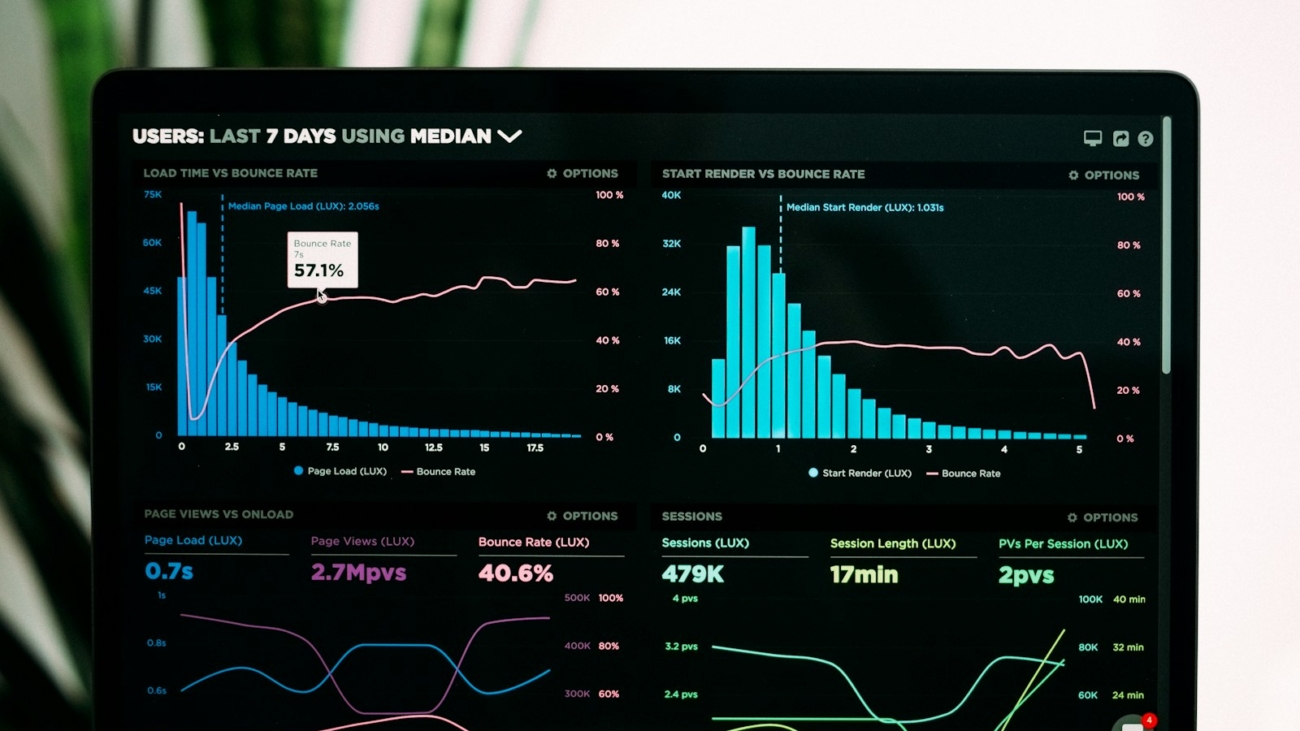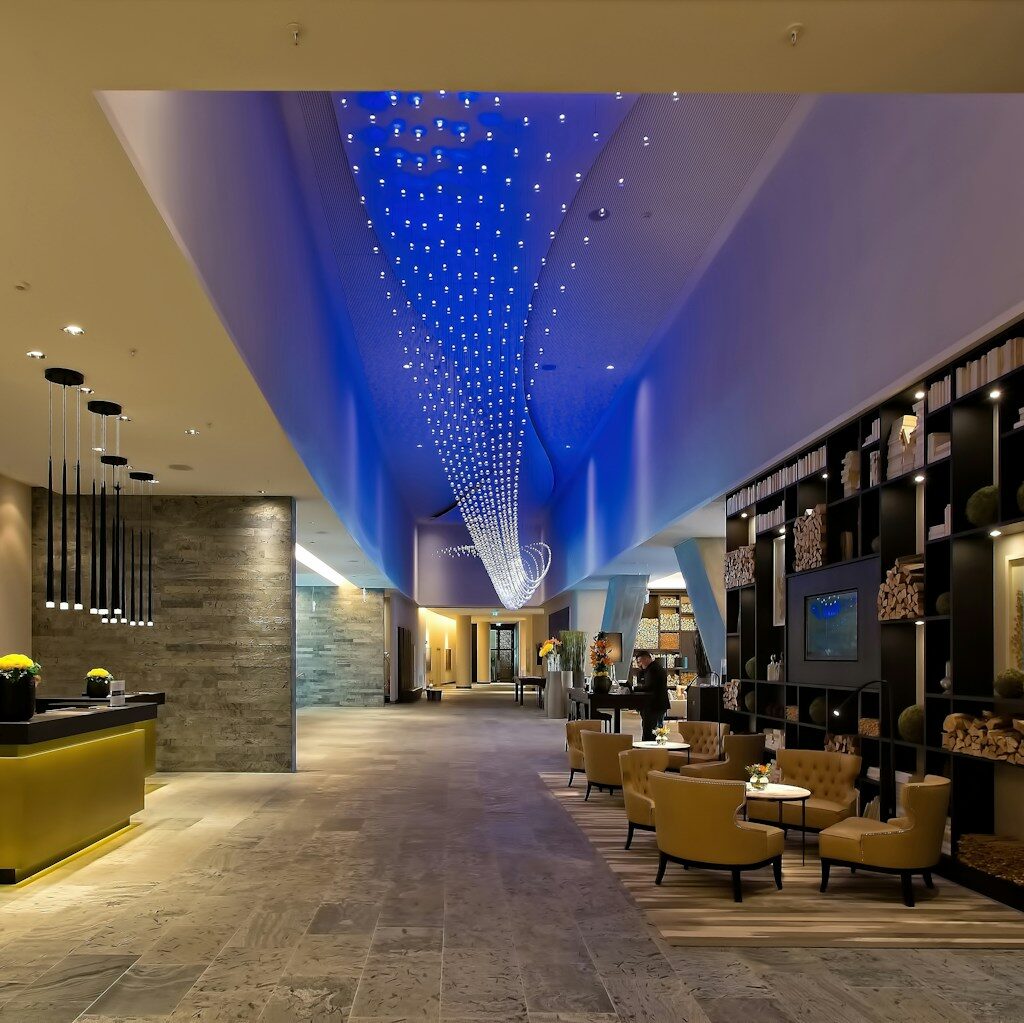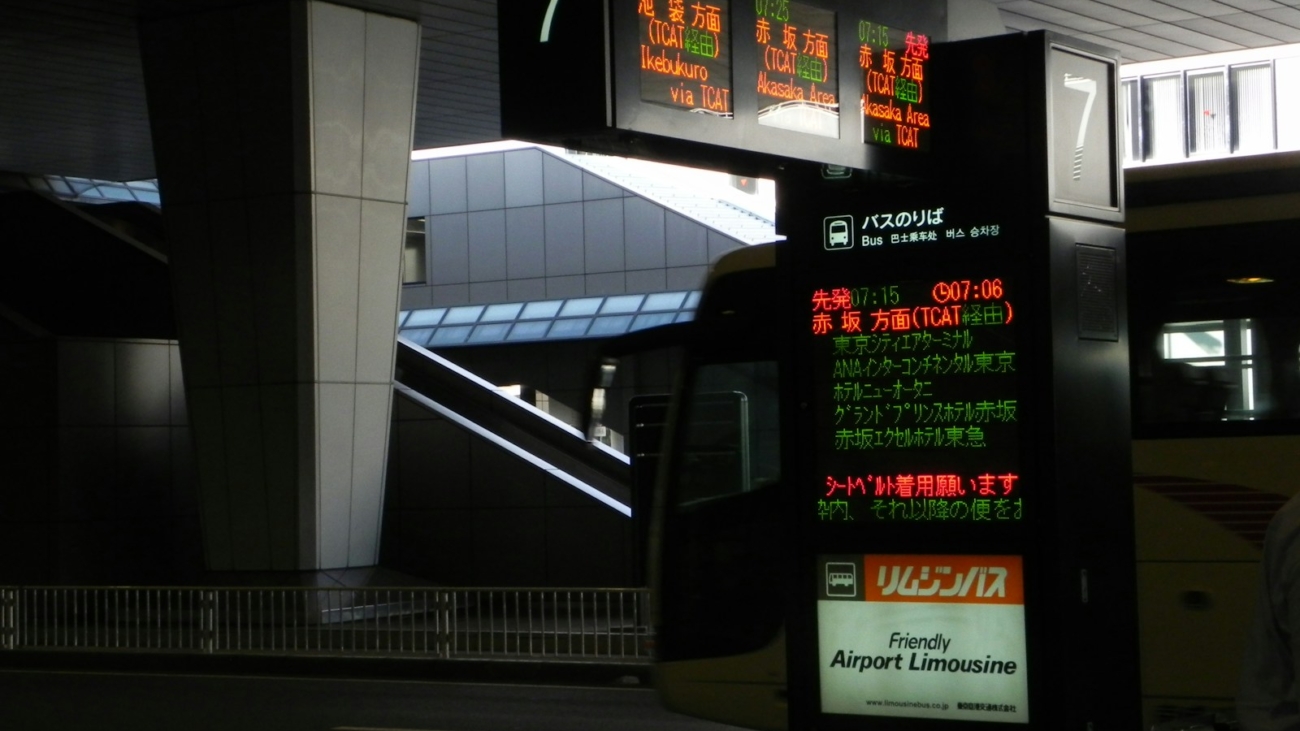In today’s highly competitive hotel industry, Online Travel Agents (OTAs) are a vital distribution channel for hotels to reach a global audience. Platforms like Booking.com, Expedia, Agoda, and regional OTAs like Goibibo or MakeMyTrip in India, help hoteliers drive bookings and increase visibility across different markets. However, the cost of using these OTAs comes with significant commission fees that can eat into your profits.
While OTAs provide valuable exposure, managing OTA commission costs effectively is key to maintaining profitability without sacrificing visibility. In this blog post, we will explore best practices that allow you to optimize your OTA partnerships, reduce commission fees, and still maintain visibility among potential guests—whether they are from India.
1. Use Multiple OTAs to Diversify Risk
One of the first steps in managing OTA commission costs is to avoid putting all your eggs in one basket. Relying on a single OTA may offer good short-term benefits, but it can be risky if you encounter issues with that platform (like sudden commission hikes or algorithm changes). Instead, consider listing your hotel on multiple OTAs.
Benefits:
- Diversified Revenue Streams: By using a mix of OTAs, you reduce your dependence on any single platform, thus lowering the risk of being heavily impacted by changes in commission rates or other factors.
- Wider Market Reach: Different OTAs cater to different segments of travelers. For example, Booking.com might attract more European travelers, while Agoda is strong in the Asian market. By spreading your listings across multiple OTAs, you can attract a more diverse audience without the fear of losing visibility on any single platform.
However, be mindful of commission fees across various OTAs. Some OTAs may have higher commissions but offer better visibility in certain markets, while others may charge lower fees but provide access to a smaller audience. Choose wisely based on your hotel’s target market and goals.
2. Negotiate Commission Rates with OTAs
Another powerful way to manage OTA commission costs is through negotiation. While commission rates are often fixed at first glance, many OTAs are open to negotiating terms based on factors like your hotel’s size, the volume of bookings, or the length of your partnership.
How to Negotiate:
- Leverage Volume: If your hotel generates a significant amount of bookings through a specific OTA, you may have room to negotiate a better commission rate. Larger hotels or chains with high booking volumes can often secure better terms.
- Leverage Loyalty: If your hotel has a long-standing relationship with an OTA or consistently performs well on their platform, highlight this as a reason to negotiate a lower commission.
- Trial Period: Some OTAs may offer lower commissions initially to encourage you to list on their platform. Use this opportunity to assess the platform’s impact on your bookings and negotiate long-term terms accordingly.
- Exclusive Deals: Some OTAs offer special deals or promotional discounts if you agree to certain terms. For example, free cancellations or exclusive room types may come with lower commissions.


3. Encourage Direct Bookings to Reduce OTA Reliance
While OTAs are great for global visibility, direct bookings remain the most profitable way to sell rooms because they come with no commission fees. By encouraging more guests to book directly with your hotel, you can reduce your reliance on OTAs and their associated costs.
Strategies to Drive Direct Bookings:
- Offer Best Price Guarantees: Promise guests the best price when they book directly through your website. OTAs often have price parity clauses, but offering additional benefits like free breakfast, room upgrades, or discounted rates for direct bookings can attract guests to book with you instead.
- Loyalty Programs: Establish a loyalty program to reward repeat guests with exclusive discounts, perks, and special offers. Loyal customers are more likely to book directly and avoid OTAs.
- Simplify Your Booking Process: Ensure that your hotel’s website is easy to navigate and that the booking process is straightforward. Optimize your website for mobile users, as many guests prefer booking on their smartphones.
- Promote Special Offers: Create special packages for guests who book directly. These could include a combination of perks like early check-in, spa services, or local tours that appeal to different types of travelers.
The more you can reduce your reliance on OTAs, the more profitable your hotel will be in the long run.

4. Optimize Your OTA Listings to Increase Conversion
It’s not just about managing the cost of OTAs; you also want to make sure that your listings are optimized for maximum visibility and conversion. When your hotel’s listings are well-crafted, it increases the likelihood that travelers will choose your property over others, reducing the number of clicks needed to convert a guest.
Best Practices for OTA Listings:
- High-Quality Photos: Use high-resolution images that show your hotel in its best light. Professional photography can significantly boost the appeal of your listing and lead to higher click-through rates.
- Clear Descriptions: Write engaging, concise descriptions that highlight your hotel’s unique features, such as location, amenities, and special offers.
- Guest Reviews: Actively encourage positive reviews from guests who have had a great experience. High ratings and positive feedback will increase your credibility and help you rank higher on OTA platforms.
- Competitive Pricing: While managing commission fees, ensure your pricing is competitive within your market. Use dynamic pricing strategies to adjust rates based on demand, seasonality, and competitor pricing.
When your listing is optimized and consistently receives positive reviews, it can help drive higher conversion rates, meaning more bookings for you without the need to rely solely on OTAs.
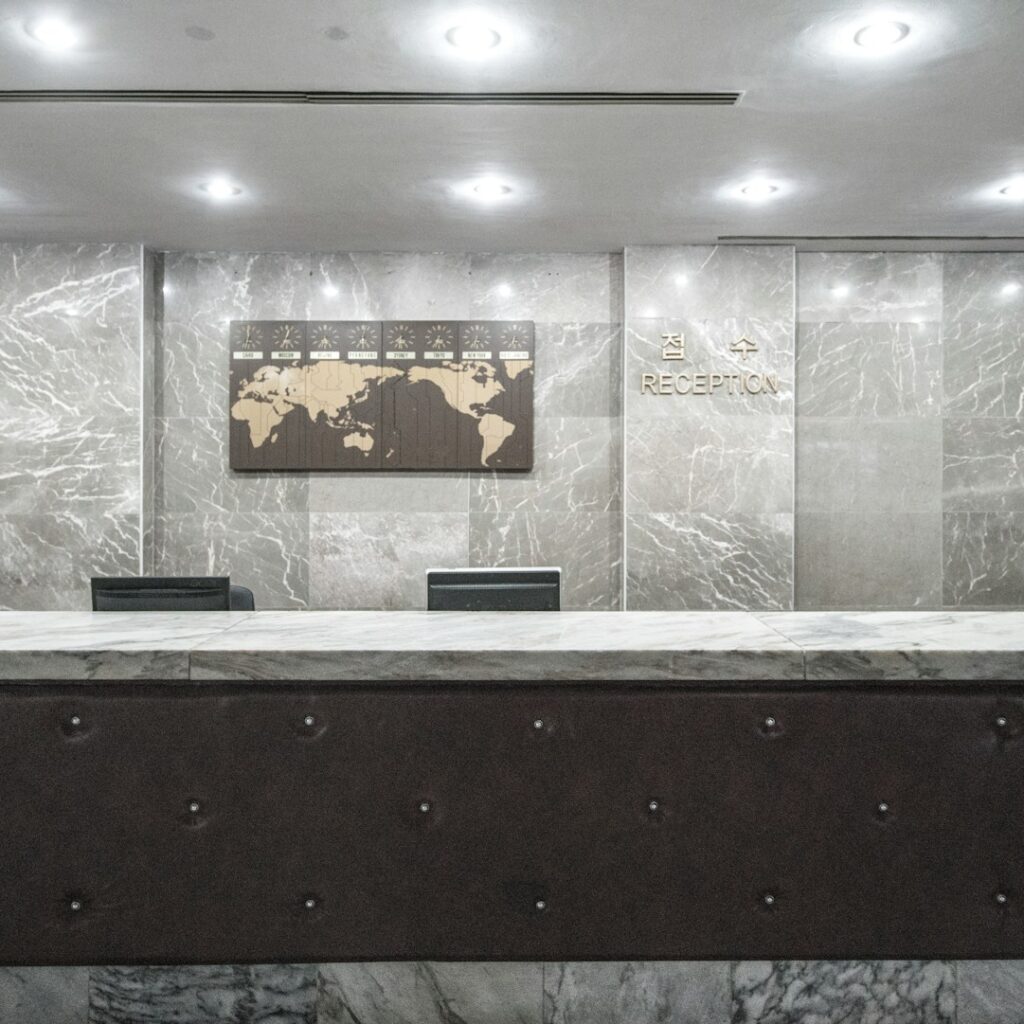

5. Monitor and Adjust Your OTA Strategy Regularly
Managing OTA commission costs is an ongoing process. To ensure you’re maximizing profitability, you should regularly monitor your OTA performance and adjust your strategy as needed.
What to Track:
- Booking Volume and Revenue: Keep track of how much revenue each OTA generates, and compare it against the commission fees. If certain OTAs are driving significant revenue, you may be willing to accept higher commission costs for those platforms.
- Guest Demographics: Understand which OTAs are bringing in guests from specific regions. For example, Agoda might be better for travelers from Southeast Asia, while Expedia may attract guests from the U.S. Adjust your marketing efforts accordingly.
- Performance Metrics: Evaluate the click-through rates, conversion rates, and cancellation rates of each OTA to determine which platforms are performing best for your hotel.
By analyzing these metrics, you can make informed decisions about whether to increase or decrease your exposure on certain OTAs or shift resources to more profitable channels.

